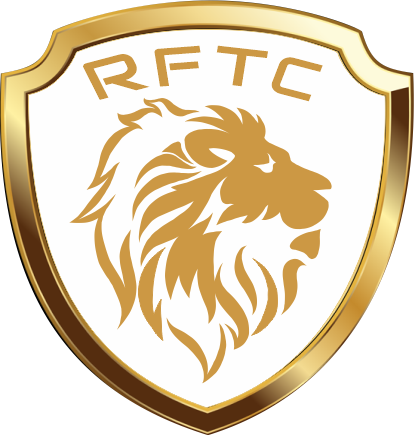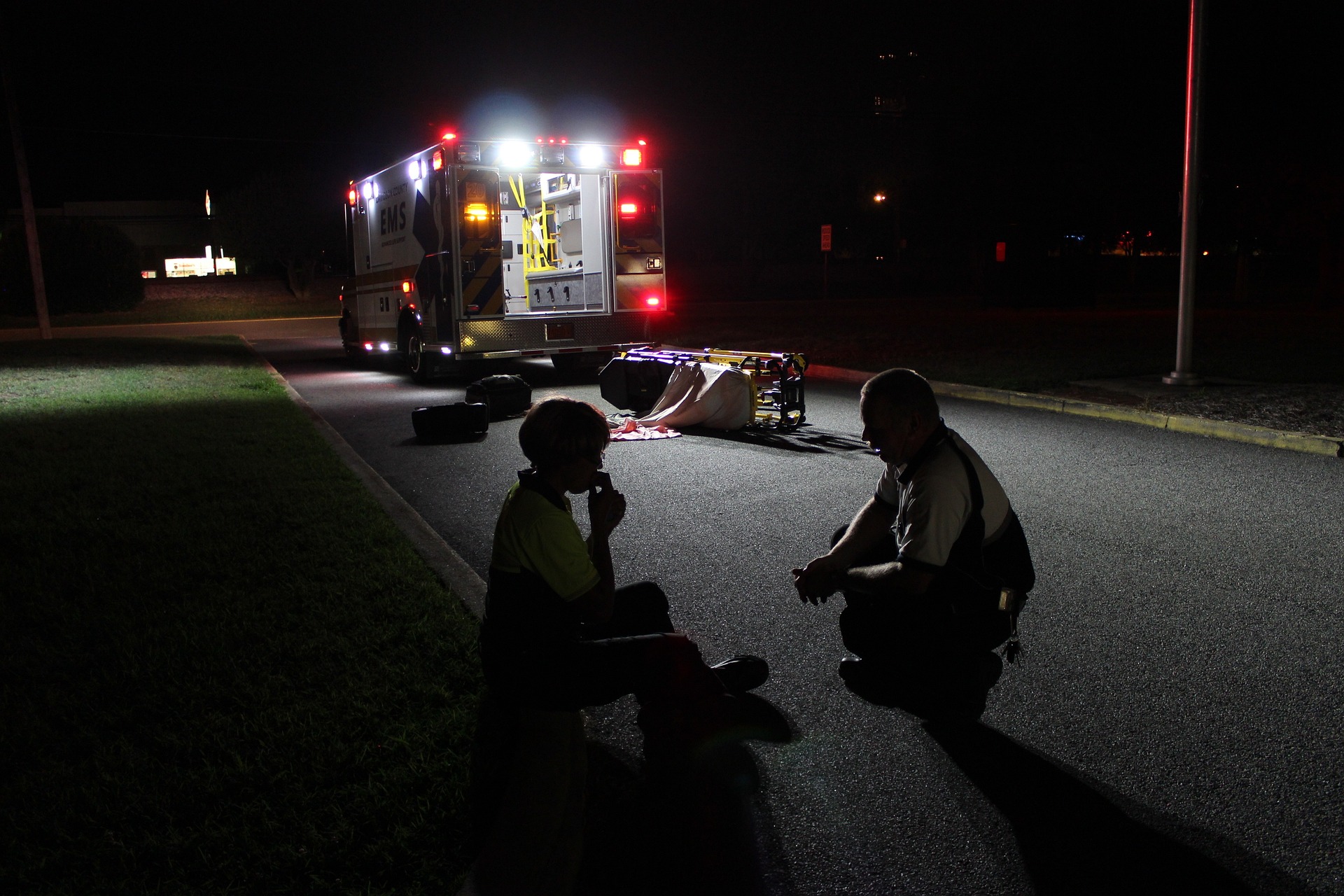As a first responder, you are constantly exposed to traumatic events that can have a profound impact on your mental health. While addiction may seem like an effective coping mechanism, it is important to recognize that substance abuse only exacerbates the underlying trauma and can lead to a vicious cycle of addiction and emotional pain. Coping with trauma in addiction can be a challenging journey, but there are several strategies that can help you navigate this process.
Seek Professional Help
First and foremost, it is important to seek professional help. At Recovery First we specialize in trauma and addiction. A therapist can help you identify the root causes of your addiction and develop a personalized treatment plan that addresses both the addiction and the underlying trauma. This may include a combination of talk therapy, medication, and other evidence-based treatments.
Practice Self-Care
In addition to seeking professional help, it is also important to practice self-care on a regular basis. This can include exercise, meditation, deep breathing, and other relaxation techniques that help to reduce stress and promote emotional well-being. It may also involve making time for hobbies, socializing with friends and family, and engaging in activities that bring you joy and fulfillment.
Build a Strong Support Network
Another key aspect of coping with trauma in addiction is building a strong support network. This can include family members, friends, and fellow first responders who understand the unique challenges you face. Support groups, such as Warriors Anonymous or Narcotics Anonymous, can also provide a sense of community and accountability that can be essential in the recovery process.
Call or fill out this confidential form:
Find a Tailored Treatment Plan
It's also important to recognize that recovery from addiction and trauma is not a one-size-fits-all process. What works for one person may not work for another. Therefore, it's important to find a treatment plan that is tailored to your specific needs.
Incorporate Healthy Lifestyle Changes
Some individuals may find that alternative therapies, such as art therapy or equine therapy, can be particularly helpful in coping with trauma and addiction. Furthermore, incorporating healthy lifestyle changes, such as a balanced diet and regular exercise, can also be beneficial for both physical and mental health.
Recognize that Recovery is a Lifelong Process
Lastly, it's important to remember that recovery is a lifelong process. Maintaining sobriety and managing trauma requires ongoing effort and commitment. This may involve attending support group meetings or continuing therapy sessions even after completing a formal treatment program.
In conclusion, coping with trauma in addiction as a first responder can be a daunting task, but it is possible to overcome these challenges with the right support and treatment. At Recovery First, we assist you in practicing self-care, building a strong support network, and finding a treatment plan that is customized to your specific needs. Together, these steps are all important in the recovery process. With dedication and perseverance, it is possible to break free from addiction and reclaim your life.



